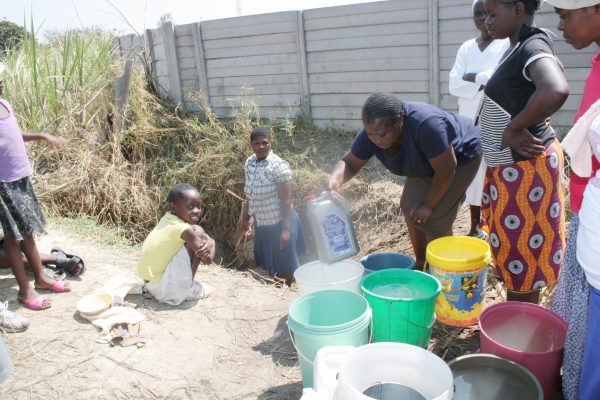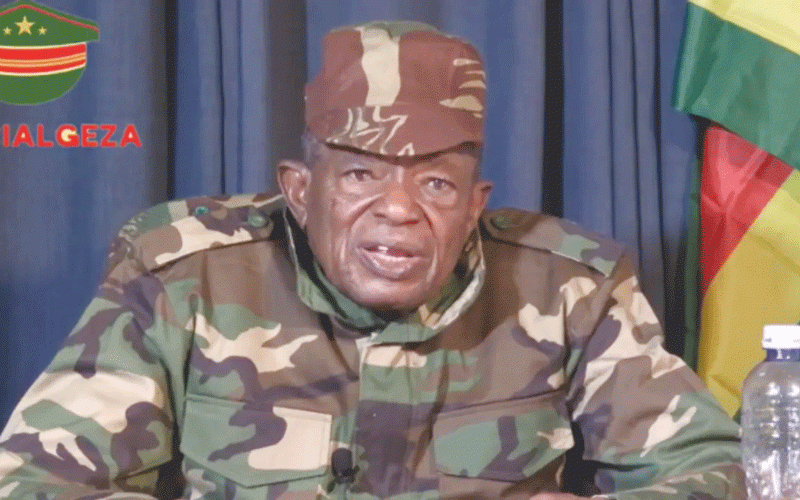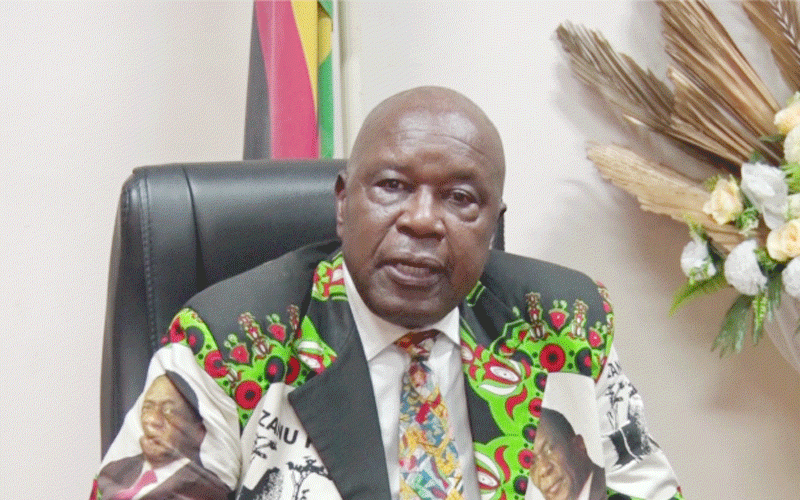
Harare water is dirty and smelly. You get to know that when the taps gurgle. But then, that is a rare experience in Harare and we are now used to long seasons of dryness. That won’t stop us from asking questions, though, and some of those questions relate to the manner in which the $144 million loan obtained from China to upgrade the capital’s water and sewer infrastructure was handled.
By TAWANDA MAJONI
A government-to-government loan was extended to the Harare municipality in 2010 for the rehabilitation of the Morton Jaffray and Prince Edward waterworks as well as the Crowborough and Firle sewer plants, among other related sub-projects.
The news was big. Just emerging from a cholera outbreak that killed thousands of people because of poor water supplies, residents were relieved that, at last, their water woes would be over. They thought that, for once in a long time, they wouldn’t have to go to the workplace with soap in the hair because water stopped running in the middle of a bath.
There has been a meagre improvement in the supply of water, but that is where the good news ends. Suburbs are still going for days without water and you still have long queues at the community boreholes, which are increasingly getting useless anyway. In fact, I know of areas like Mabvuku and Tafara where residents have not received running water for more than 15 years! That means there is a whole generation out there that doesn’t know what tap water looks like.
In other words, the Chinese loan has hardly brought any change to Harare, and this is where the questions start popping up. Harare City Council received only half of the money that it was supposed to get and has been working a big sweat to get the remainder for years. China’s Eximbank, which managed the loan, is not saying a word about the outstanding loan. Nor is Sinosure that was supposed to provide insurance relating to the loan. Nor are the Zimbabwean and Chinese governments.
That brings in the first question: Why is the remainder of the loan not coming? The fact that no one has explained this somewhat awkward omission does not stop people from looking for answers. There are reasonable grounds to suspect that Eximbank opted out of the deal because it didn’t like the way in which the money that it disbursed was handled.
The buck winds up at the doorsteps of the Harare municipality and the Chinese project consultants, China National Machinery and Equipment Import and Export Corporation (CMEC). CMEC, a Chinese parastatal, is a bunch of greedy crooks. Its managers took unfair advantage of the fact that, under the loan terms and conditions, it was supposed to supply the equipment for the water and sewer reticulation. The equipment was not locally available. That gave them a chance to inflate the prices of the equipment, sometimes by as much as 500%, for their own benefit. That is corruption, and Eximbank must have noticed.
- Chamisa under fire over US$120K donation
- Mavhunga puts DeMbare into Chibuku quarterfinals
- Pension funds bet on Cabora Bassa oilfields
- Councils defy govt fire tender directive
Keep Reading
I visited that bank a decade ago, courtesy of the Chinese embassy in Harare, and have no doubt that Eximbank is a thoroughly moral and professional financial entity. Not that it has a choice, considering that it is from its own corner presiding over one of the biggest economies in the world. The bank doesn’t house any nonsense.
Of course, CMEC went to bed with an equally bad partner, our own city council. Even though the Harare municipality did not handle any cash under the loan — which in itself was a bad thing considering that all the money was left at the mercy of an equally corrupt enterprise in the form of CMEC — it wasted no chance getting its part of the loot. It went on a buying spree, clearly with CMEC’s connivance, grabbing all manner of state-of-the-art vehicles that the projects didn’t need. In fact, for only 15 local project implementers, the council bought 21 luxury vehicles. Eximbank was taking note, of course, and would not take that kind of nonsense.
Harare City Council wasn’t done with its cheating. It claimed money for information and technology communication from the loan despite the fact that it already had that covered in its own budget. Norman Markham, an honest gentleman by all standards, quit his position as chair of the council’s finance committee over this double-dipping. Most of the money under the projects went towards salaries for people who hardly knew where Morton Jaffray was located. Eximbank was watching.
Now the city council is crying foul over the outstanding loan. It is bothering the Finance ministry every day of the week and wants the remainder paid, claiming that, that is what is keeping it from supplying clean water to the capital. The reason, of course, is that the local authority mapped the looting route with CMEC.
Eximbank won’t release the remaining $72 million. That is as sure as the sun rising from the east. And, despite the fact that Harare City Council won’t be getting more money to loot with CMEC, it must still repay the loan. Where is the money — some cool $14 million a year — going to come from? Residents are not paying their rates. That is perfectly understandable because there is nothing to pay rates for. Since residents are not paying their rates, the council has no means to generate substantial revenue. As it stands, the municipality is insolvent.
Question number three: What is going to happen to the bunglers? The manner in which the deal was handled is, clearly, scandalous. The council will have to service a debt for projects it didn’t complete and won’t complete. Never mind the fact that there is no money to do that, there is indisputable evidence that the council, together with CMEC, acted in a hugely corrupt manner that has embarrassed the nation.
Now, the law is clear on what must happen to corrupt and inefficient people who lack probity. They must have their day in the dock. That means the new administration led by Emmerson Mnangagwa must take action. That would abundantly help its propaganda that it is fighting corruption.
l Tawanda Majoni is the national coordinator at Information for Development Trust and can be contacted on tmajoni@idt.org.zw.









